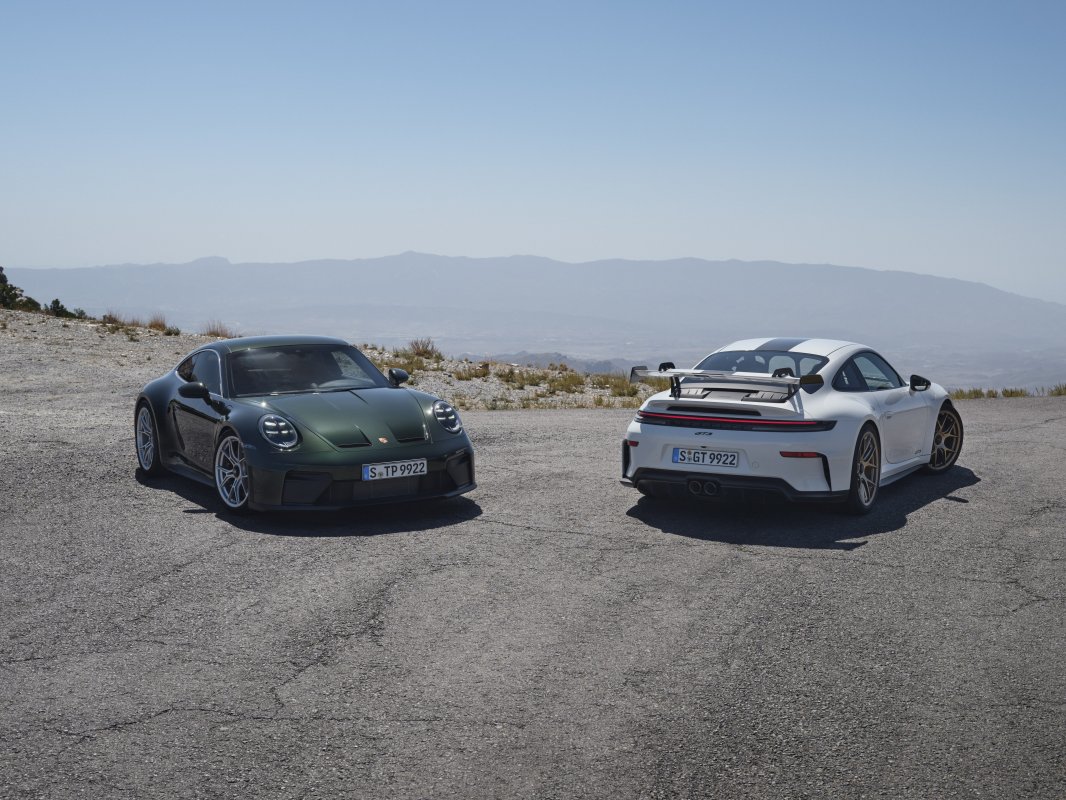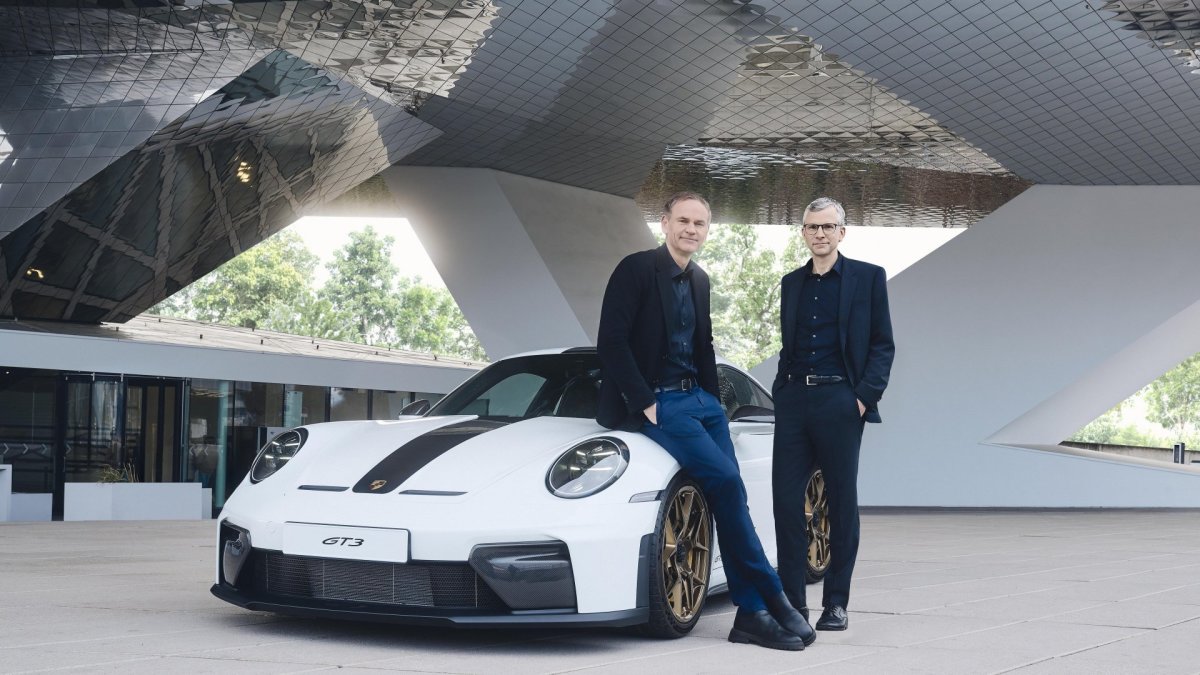Porsche’s Assembly Plans

There was a bit of a stir recently when news surfaced suggesting Porsche might shift some final assembly operations to the United States to navigate around tariffs. The buzz was about potentially moving tasks like interior installations or tire fittings stateside. However, Porsche quickly put a lid on those rumors, restating its earlier position that moving production to the U.S. isn’t financially viable due to its relatively small sales numbers here. Even a potential collaboration with another Volkswagen Group brand doesn’t change the calculus, according to Porsche’s CFO, Jochen Breckner.
Meanwhile, the Volkswagen Group, Porsche’s parent company, is indeed eyeing an expanded presence in the American manufacturing scene, but through Audi. Representatives from Audi have expressed a keen interest in ramping up their U.S. footprint, looking to finalize plans with the Volkswagen Group by the end of the year. It’s worth noting that Volkswagen already has a plant in Chattanooga, Tennessee. They could potentially take notes from their competitors, like BMW and Mercedes-Benz, which operate factories in South Carolina and Alabama, respectively.
Challenges in Asia

Porsche is encountering more than just tariff challenges—especially in 2025. The first quarter of the year showed a significant 42% drop in sales in China. This is stark compared to their record sales year, four years back, when they moved almost 96,000 units in China. The Chinese market is leaning towards up-and-coming brands like Xiaomi and BYD’s upscale Yangwang, which offer competitive alternatives. Xiaomi’s electric SU7, leveraging a Porsche-esque allure but at a friendlier price, managed to rake in about 10,000 pre-orders in just two hours for their top model. This brisk success highlights the challenges Porsche faces in maintaining its premium brand pricing strategy in such a rapidly evolving market.
Porsche’s CEO, Oliver Blume, has made it clear the focus isn’t on sales volume but on ensuring their pricing reflects Porsche’s premium image. Nevertheless, Blume did acknowledge the shrinking Chinese market, calling it a ‘collapse’ at a company gathering.
EV Delays
Porsche’s journey into the EV market isn’t going as smoothly as hoped. The release of the anticipated all-electric versions of the 718 Boxster and Cayman has seen delays, primarily due to challenges in sourcing high-performance battery cells. Initially set for a 2026 debut, recent updates from Porsche have moved that timeline to potentially 2027. Financial forecasts have taken a hit as well, with an expected reduction in profit margins, which are now projected at 6.5% to 8.5%, a drop from the previously expected 10% to 12%.
Looking Ahead
The stance from Porsche’s top brass, particularly Oliver Blume, suggests a reluctance to lower prices, despite increasing external pressures such as tariffs and dwindling sales in major markets like China. This could mean price hikes are on the horizon for Porsche’s lineup. While Blume has kept conversations with U.S. commerce officials under wraps, it’s clear Porsche is part of a broader exercise within the Volkswagen Group to strategize around these tariffs and market shifts. How effectively they maneuver these challenges could determine their market positioning, especially as the electric vehicle landscape continues to complicate global automotive strategies.
2026 BMW iX3 Unveiled
Exclusive Luxury Cars
Auto Heist Bust
Tesla's Image Crisis
California Car Fee Hike